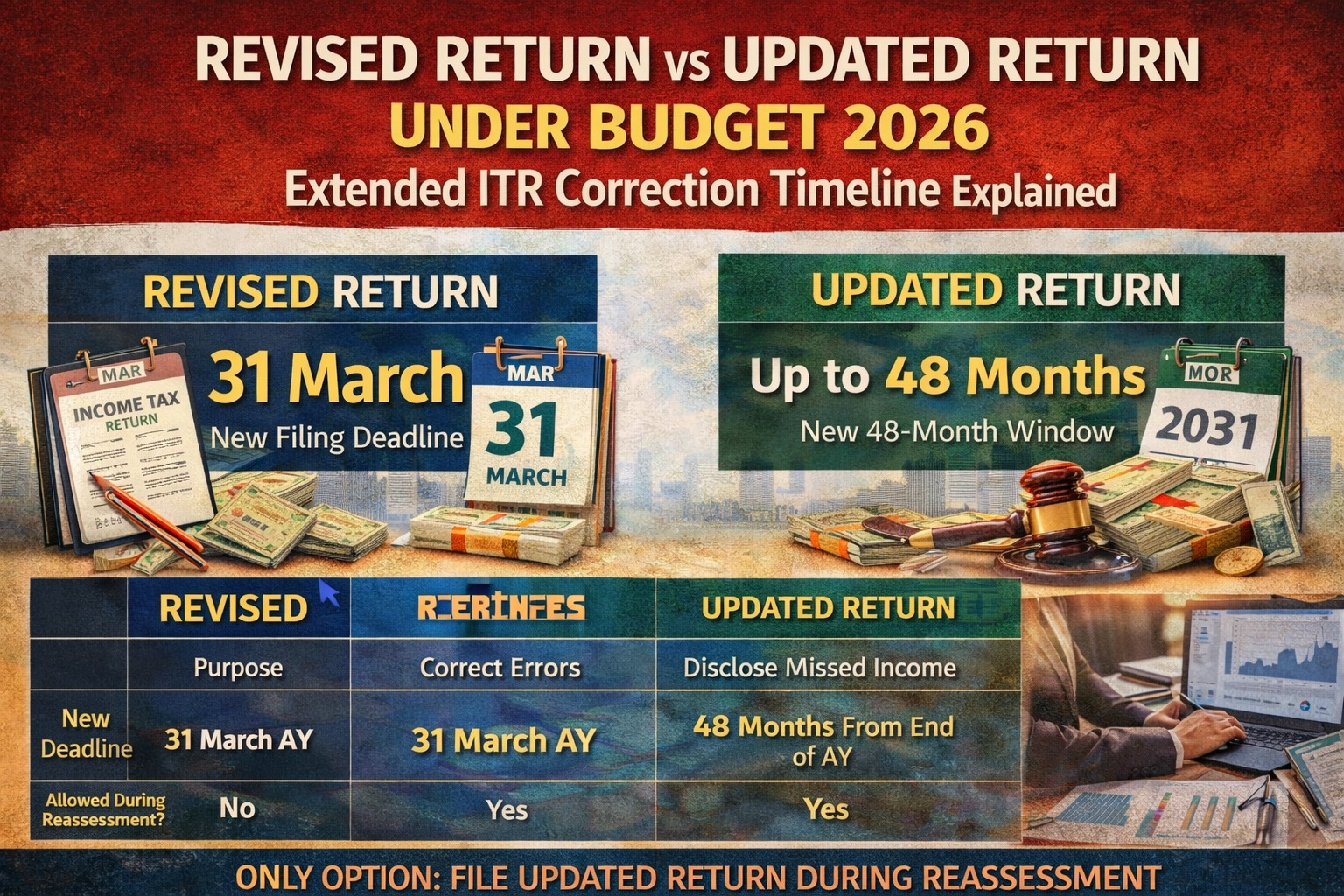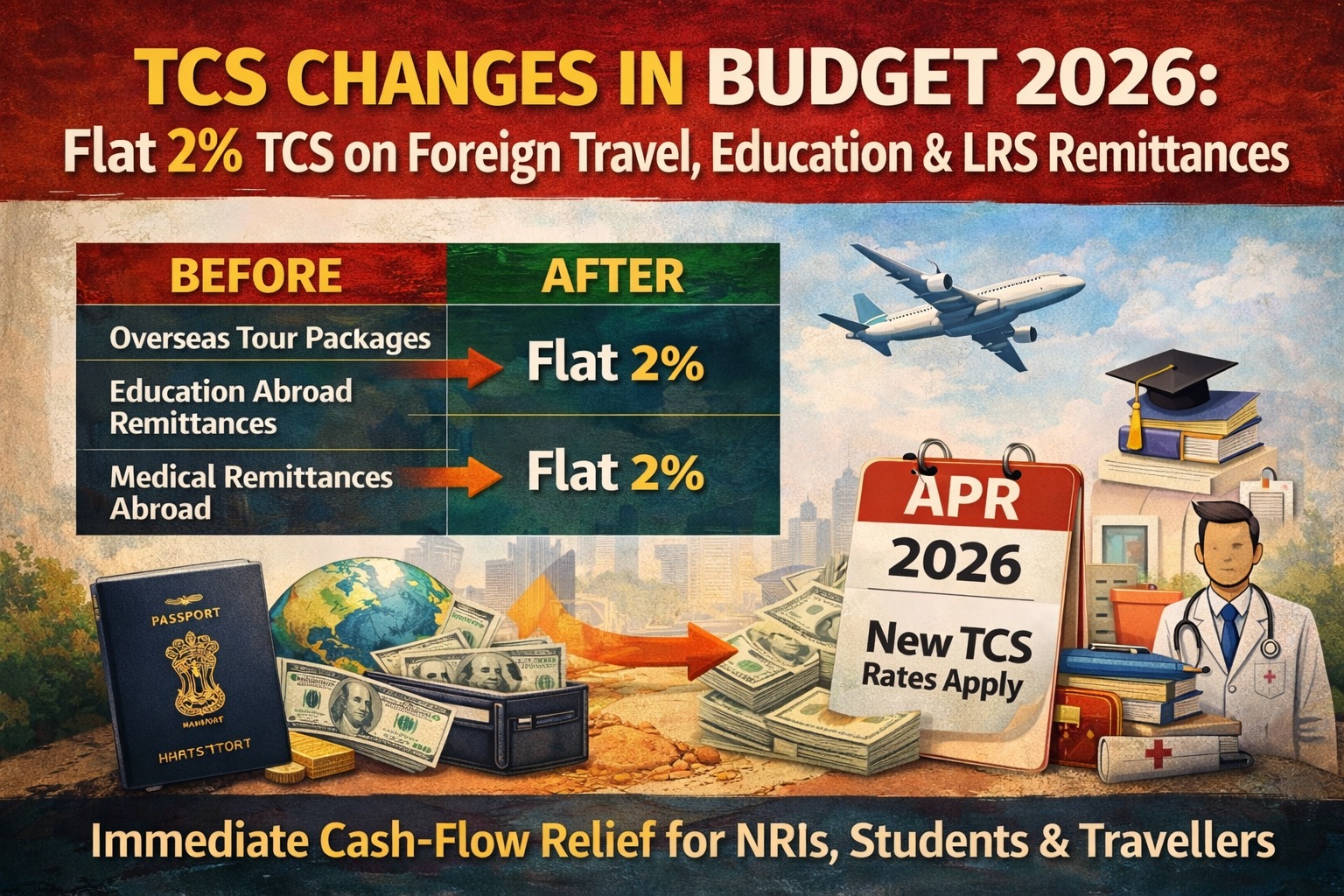 WhatsApp
WhatsApp
 Call Us
Call Us
 Email Us
Email Us
 Whatsapp Community
Whatsapp Community

An NRI, holding an NRE Account? Let us check if you are utilizing your NRE Account to its full potential.
As we all know, An NRI is not allowed to hold a Regular/ Resident Savings Accounts in India. NRIs often face difficulties in managing their finances from their earnings in both abroad and India. Also, one finds it challenging to navigate across the bank accounts in a different country, and face compliances when trying to repatriate money to their account in country of Residence. Therefore, every NRI needs specific NRI accounts, namely: Non-Resident External (NRE), Non-Resident Ordinary (NRO) Accounts and Foreign Currency Non-Resident Account (FCNR).
In this article we are focusing on the features and benefits of an NRE Account.
Before digging into the features and benefits of an NRE Account, let us first understand what do we mean by an NRE account and what exactly is its purpose.
A Non-Resident External (NRE) Account is a rupee denominated bank account that an NRI can open in India to deposit foreign currency earnings in India. Here, one’s money is converted into Indian Rupee or INR at the time of deposit. This means that one can deposit money in any foreign denomination, e.g. US Dollar Or UK Pounds and withdraw it in Indian Rupees.
Multi-Purpose: There is no restriction on account of the usage of the NRE Account balances. NRE account can be used for carrying out business, personal expenses and making investments in India. NRIs can even use their NRE accounts to receive income from India, such as rent, dividends, or interest. One can also use the account to make payments in India, such as utility bills or loan payments.
Multiple Types: One can choose from various types of NRE Accounts: Savings, Current, Recurring or Fixed Deposit Accounts as per financial goals. Each account type has its own features and benefits which need to be compared while opening the account.
Individual/ Joint Account: If one wishes to open an NRE Account, it can either be an individual or joint account.
Multiple account holding: An individual can hold more than one NRE account.
Nomination Facility: NRE accounts offer a nomination facility. The nominee can be a resident Indian or an NRI.
Mandate Facility: One can give power of attorney, i.e. mandate to a residential Indian to operate the account and carry out all the account-related activities on one’s behalf.
Transfer of Funds: An NRE account allows one to transfer funds to another NRE account as well as to an NRO account without any restrictions. On the contrary, the funds from the NRO account can’t be transferred to NRE account without paying the applicable taxes. Also, there is a restriction on the amount that can be transferred in a year.
Global access: It offers global access to the account through online banking and international debit cards. NRIs can easily manage their NRE accounts anywhere in the world using online banking, mobile banking, or visiting an Indian bank branch.
Low Average Monthly Balance Requirement: The average monthly balance requirement varies across the banks but it is generally around INR 10,000 in most of the banks and can go upto INR 50,000 in some banks.
Opens Remotely: Opening an NRE Account is a 100% digital process which doesn’t require an NRI to come to India or visit any branch, it is completely an online process with no paperwork.
Exempt from Tax: NRE accounts are exempt from tax. This means that both, the principal amount and the interest one earns is free from tax.
Repatriable without any limits: One is free to repatriate the principal and the interest amount without any restrictions.
Investment Opportunities: With NRE Account, NRIs can make investment in Capital market. Given the boost of Indian Economy and GDP growth, investing in India is seen as an attractive market. NRE Account facilitates the same for NRIs.
Estate Planning: In the event of the account holder's demise, the funds in the account can be claimed by the nominee, providing a safety net for the NRI's family.
An NRE cannot be used to save money in foreign currency, as funds deposited in NRE accounts are converted to INR from any respective foreign currency. Any NRI who wants to retain a portion of his/her earnings in foreign currency has an option to open an FCNR (foreign currency non-resident) account.
The NRE account has to be redesignated to a resident account or a Resident Foreign Currency (RFC) account. If the account holder is in India for a short visit, the account may continue as an NRE account during his stay in the county.







Stay in the loop, subscribe to our newsletter and unlock a world of exclusive updates, insights, and offers delivered straight to your inbox.